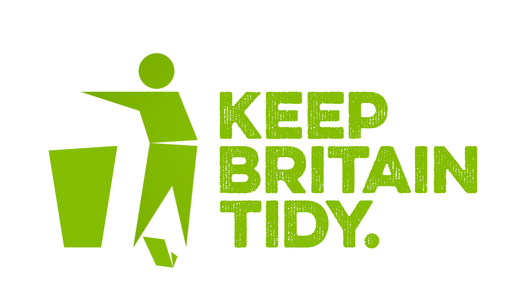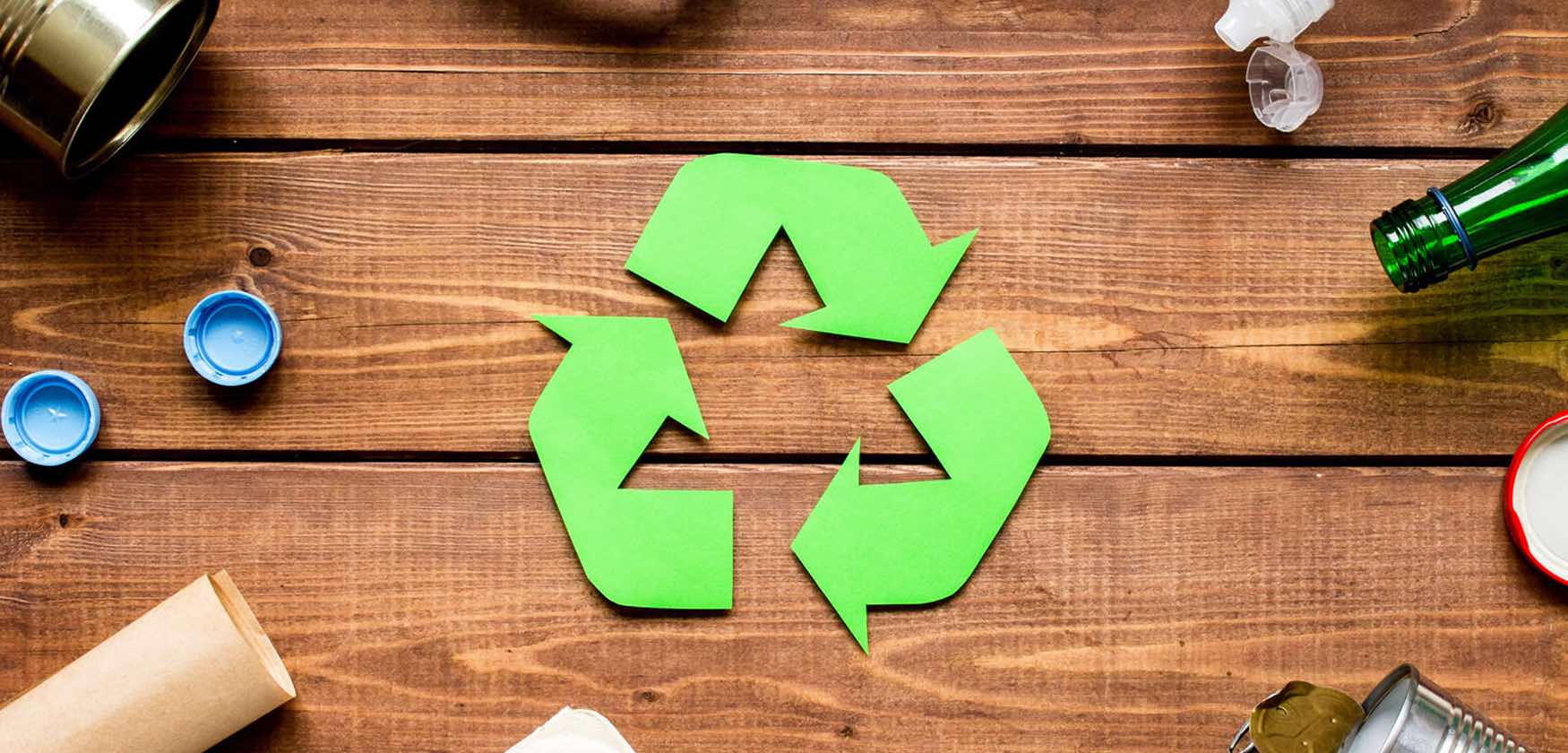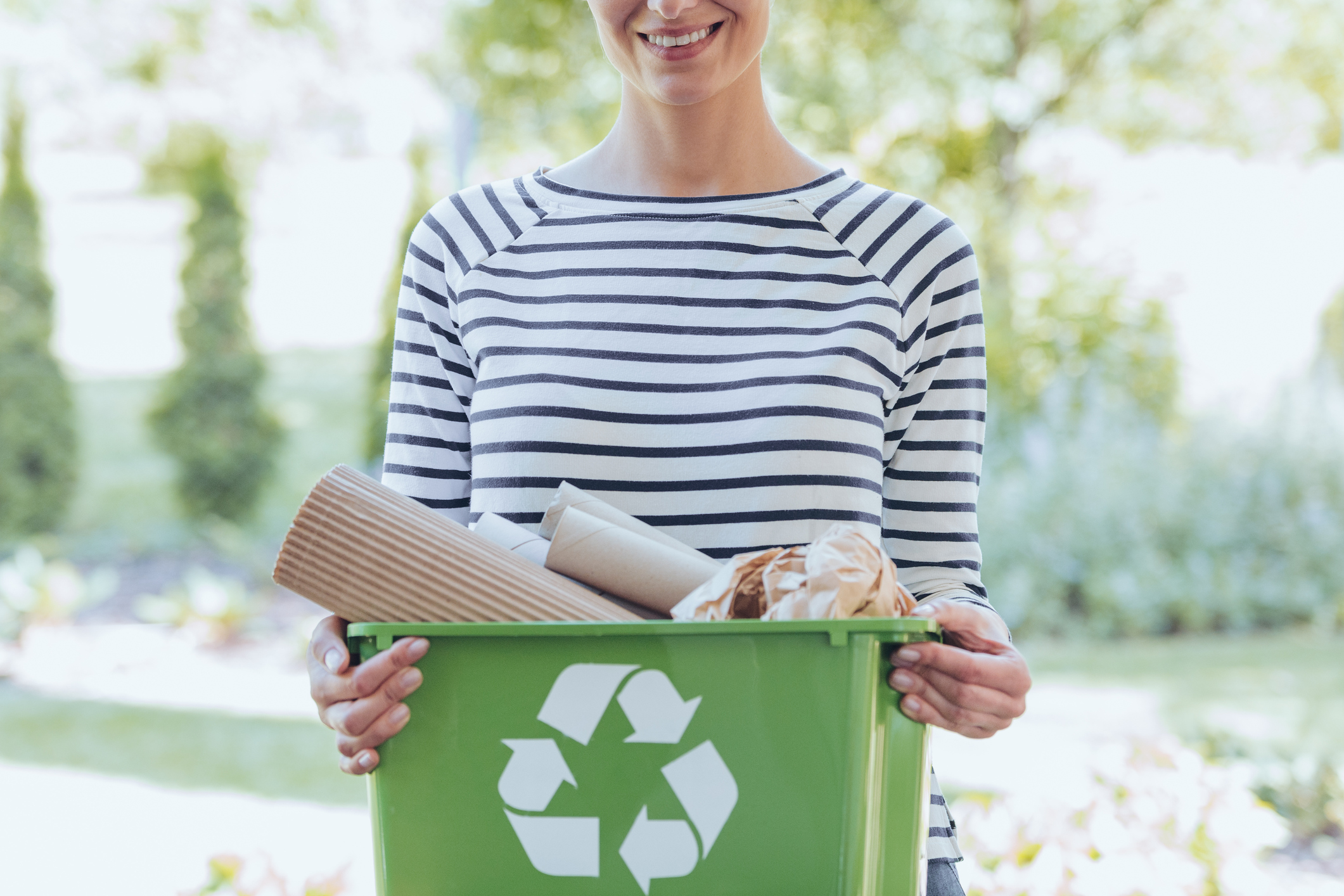Committed recyclers are among the worst ‘contaminators’, new research reveals
Why are so many of us getting recycling wrong?
18/09/20
Our new report investigates why we continue to contaminate our kerbside recycling by lifting the lid and looking ‘inside the head of a contaminator’.
The research, carried out by our Centre for Social Innovation as part of a new Contamination Reduction Programme, is the first step to tackle an issue that costs local authorities millions of pounds a year.
The good news from the research, carried out in a series of discussion groups looking at different types of contamination, from food waste to nappies, is that people do not need to be convinced that recycling is a ‘good thing’.
Keep Britain Tidy’s Deputy Chief Executive Richard McIlwain said: “It’s good to see that people want to recycle but there is clearly a huge job to do to stop people contaminating their recycling with things that don’t belong there.
“There is so much confusion among the public about what can and can’t be recycled, labelling can be vague or misleading and the rules are different around the country, which makes it almost impossible to give clear and consistent messages.
“But, at a local level, this report shows that there are things that can help councils, who are dealing with the costs of contamination, tackle the problem with their residents.”
Headline findings from the report include:
- Committed recyclers were some of the worst offenders for contamination – this group perceive themselves as good without realising they are getting things wrong and thus rarely update their knowledge and information.
- People are not seeking out the information they need nor updating their knowledge - instead they are basing their decisions about recycling on assumptions and their own ‘rules of thumb’. The information they do encounter is often unreliable or incomplete - eg packaging labels.
- Communications that do reach people effectively tend to be proactive, disruptive and meet them where they are, eg rejected bins, feedback via bin tags/stickers, through-the-door communications.
- There is a significant amount of uncertainty and confusion about recycling that was generally attributed to confusing and conflicting messages across a range of sources, including the media.
- Contamination behaviours are often driven by feelings of guilt about waste.
- People do not understand that their individual behaviours have an impact and nor how ‘the system’ works.
- Bin space is driving contamination in certain households.
- Feedback loops are essential to changing to changing behaviour. This includes direct feedback to the household on their specific behaviour, as well as general feedback on recycling performance and issues.
- There is genuine confusion about whether or not nappies are recyclable.
Using insights from this research, we are developing a new programme of interventions and support to help local authorities address the issue of contamination in their area. This includes conducting a number of pilots of new behavioural intervention through the remainder of this year and next to gather further evidence of what works in reducing contamination.
If you would like to find out more about the support we can offer to better understand and address your contamination issues, please get in touch by emailing enquiries@keepbritaintidy.org
Download the Full Report





